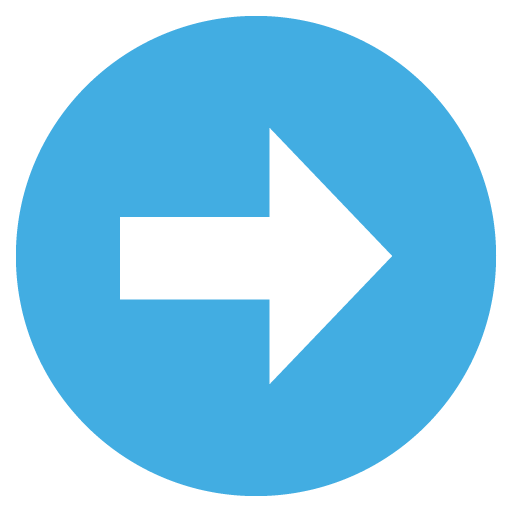Q: What regulates the thyroid production?

Uh... Do you mean the production of thyroxine?
A: The thyroid controls how much energy the body has to burn, how fast the body has to be in making proteins. In order to do those processes, the thyroid gland produces thyroxine and triiodothyronine.
The thyroid gland is controlled by hypothalamus and pituitary glands, and is regulated by a hormone called thyroid-stimmulating hormone, also known as TSH

which is released by the anterior pituitary. Regulating by the "Negative Feedback" loop.
Q: What is the structure of the thyroid gland?
A by Wikipedia: The thyroid gland is a butterfly-shaped organ and is composed of two cone-like lobes or wings: lobus dexter (right lobe) and lobus sinister (left lobe), connected with the isthmus. The organ is situated on the anterior side of the neck, lying against and around the larynx and trachea, reaching posteriorly the oesophagus and carotid sheath. It starts cranially at the oblique line on the thyroid cartilage (just below the laryngeal prominence or Adam's apple) and extends inferiorly to the fourth or fifth tracheal ring. It is difficult to demarcate the gland's upper and lower border with vertebral levels because it moves position in relation to these during swallowing.